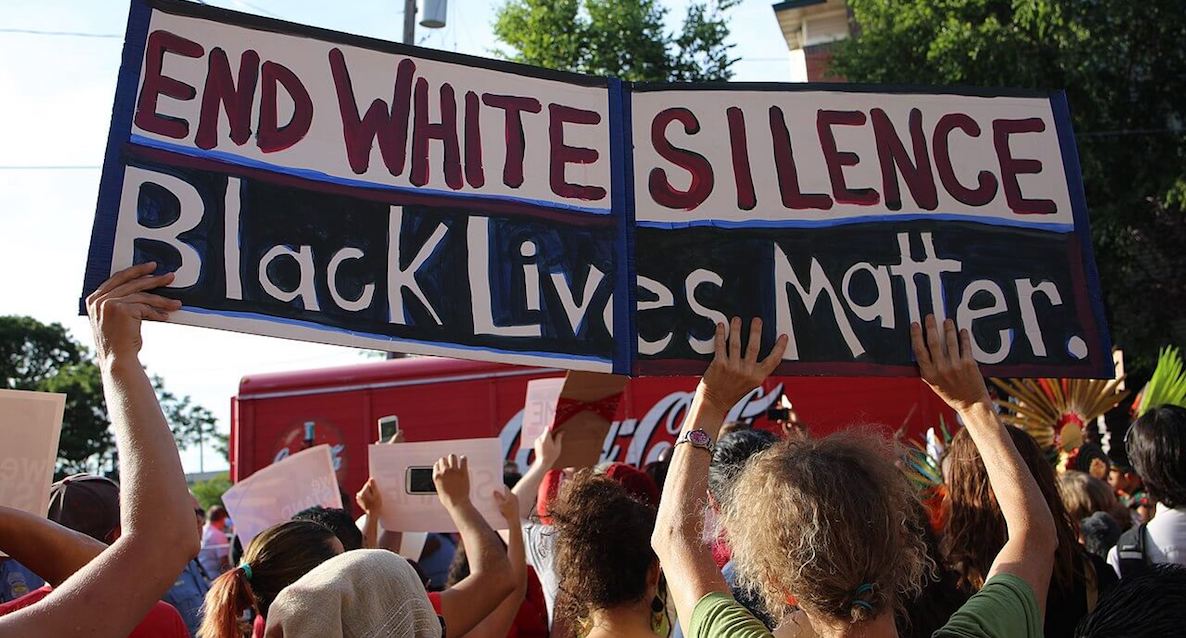
In State v. Davis, the WA Supreme Court upheld a trial judge’s findings that a disruptive defendant waived his right to be present at trial.
BACKGROUND FACTS
In March 2014, the State charged Davis with two counts of possessing a stolen vehicle and one count of possession of a controlled substance. He waived his right to counsel. The court found Davis knowingly and voluntarily waived his right to counsel, and he proceeded pro se.
Mr. Davis’s path toward trial was rocky. He was incarcerated while the charges were pending. He also had troubles communicating with his investigator, and his motions to continue his case were denied.
At the CrR 3.5 hearing, Davis again sought a continuance and attempted to withdraw as his own counsel. The judge denied both motions. In response, Davis became irate. He screamed that he wanted a new judge. The court warned Davis that outbursts and disruptions would lead to his removal. Davis said, “You can remove me now. What have we been doing here? I don’t even want to be here. So remove me. I don’t care. I told you that. You can hold your trial without me.”
Trial proceeded. Davis returned to court and represented himself without significant incident until the State commenced its case in chief. He took numerous bathroom breaks throughout the day. At one point, however, Mr. Davis returned to the courtroom and discovered his water was removed by court staff.
Again, Mr. Davis He grew irate. He began a tirade of expletives, pounding on the table with his fists, and yelling at an extremely loud volume, at one point screaming “F**k you!” to the judge. Davis was warned that he would be removed from the courtroom if he was going to continue to raise his voice and curse. The State attempted to proceed with questioning witnesses, but Davis refused to cease his outbursts. The judge temporarily cleared the jury.
Davis repeatedly said, “You can hold your trial without me,” and the court replied, “I’m going to do that.” Davis went as far as to remark, “Thank you. Thank you. Just go ahead with your kangaroo court . . . . I’m done with it.” During this exchange, Davis shouted at the top of his lungs, swearing, and apparently moved to exit the courtroom. The judge stopped Davis in order to make an oral ruling. She found that Davis was voluntarily absenting himself from the proceedings, noting that Davis intentionally drank more water in order to delay trial with bathroom breaks, often during critical portions of witness testimony.
After Davis left the courtroom, the jury returned and the State resumed its direct examination. The State questioned officers involved in Davis’s arrest, asking about the cocaine discovered in his possession and his voluntary statements given after arrest. Davis was not present to cross-examine either witness. He was absent for approximately 50 minutes of trial.
The following day, Davis returned. The court warned him that any profanity or disruptions would result in his removal. Davis agreed, though he continued to interrupt and ask for standby counsel, which the court denied. Despite Davis’s combative behavior, the trial proceeded with Davis present. Davis was convicted on all counts.
Davis appealed. The Court of Appeals reversed Davis’s convictions. The State appealed to the WA Supreme Court.
COURT’S ANALYSIS & CONCLUSIONS
The WA Supreme Court began by saying The Sixth Amendment and the due process clauses of the Fifth and Fourteenth Amendments to the United States Constitution, as well as the Washington state constitution, guarantee the right of the criminal defendant to be present at his or her own trial.
However, the Court also said that the United States Supreme Court and this court have held that a defendant’s persistent, disruptive conduct can constitute a voluntary waiver of the right to be present.
The Court turned to State v. Garza and State v. Thomson as guidance. These cases give the test necessary to answer the primary question of whether Davis waived his right to be present. In short, the crucial test established in these cases was whether the defendant’s absence was voluntary.
“In this case, the trial court did not abuse its discretion in finding that Davis waived his right to be present,” said the WA Supreme Court. “The record shows that Davis wanted to leave the courtroom and the trial judge accommodated him. Davis asked and later yelled, repeatedly, that he did not ‘even want to be here. So remove me. I don’t care. I told you that. You can hold your trial without me.’ The court then reminded Davis that he had another of the State’s witnesses to cross-examine, but Davis stated again that he was done.”
Furthermore, the court said the trial court properly exercised its discretion when it permitted a contumacious and stubbornly defiant defendant who insisted on leaving the courtroom to absent himself from the proceedings. It emphasized that maintaining order in the courtroom is within the discretion of the trial judge, and the judge properly exercised it here.
“Davis repeatedly stated that he did not want to be in court, that he was done, and that he wished to leave. Coupled with his disruptive outbursts that culminated in an abusive shouting match with the trial court, Davis obtained what he consistently told the court he wanted: leaving the proceedings. We hold that Davis waived his right to be present at trial.”
Accordingly, the WA Supreme Court reversed the Court of Appeals, affirmed the trial court’s
ruling on voluntary absence and upheld Mr. Davis’s criminal convictions.
Please contact my office if you, a friend or family member face criminal charges. It’s never a good idea to represent yourself at criminal jury trials. Hiring an attorney is the first and best step toward justice.

















